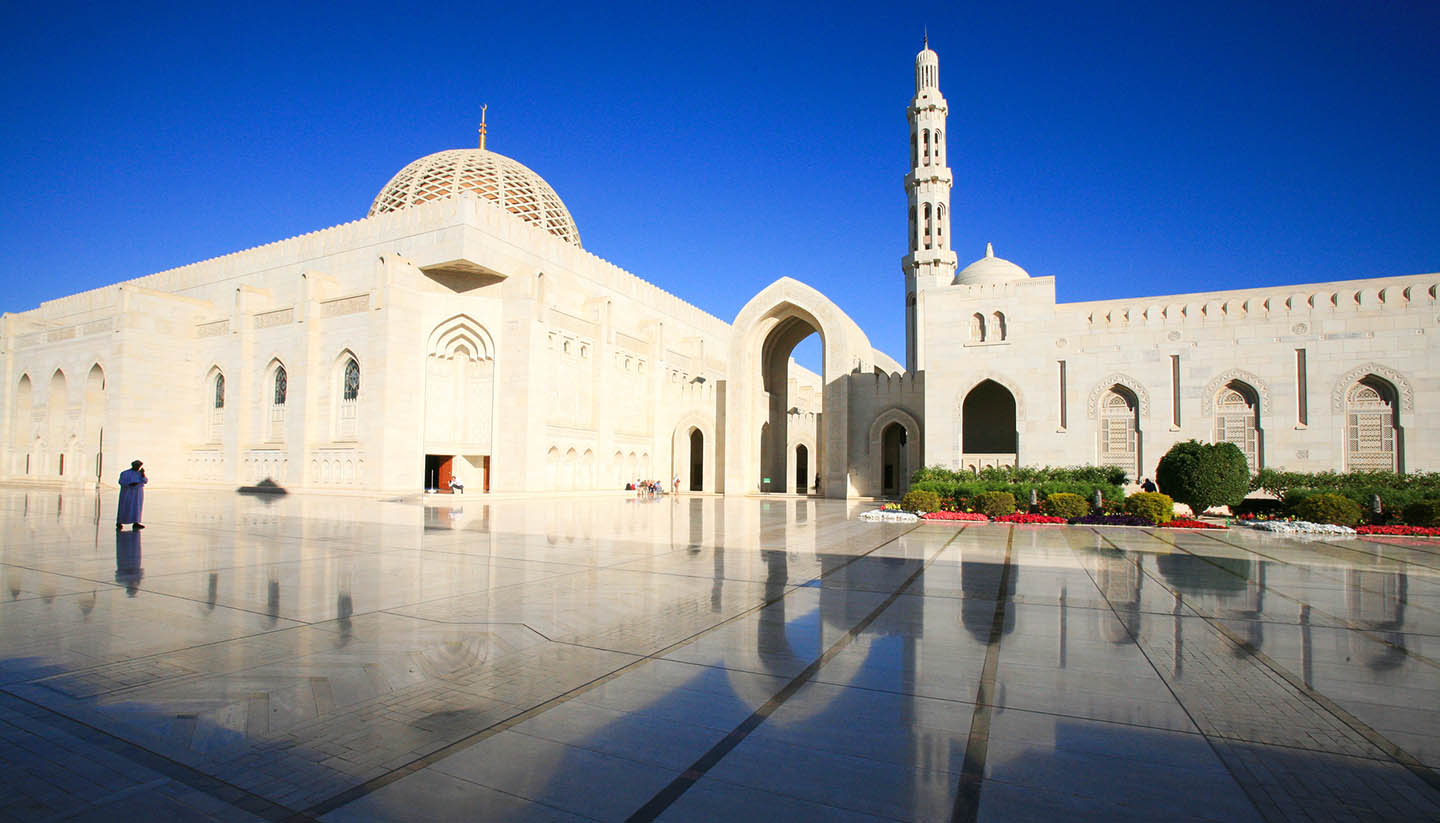Muscat History
It has been the capital of an empire, and latterly a sultanate, but for centuries, Muscat was barely noticed by the outside world. The first mention came from Ptolemy in writings dating from 2BC. Despite his best efforts, the city slipped back into obscurity, with no further mentions until well into the 13th century.
As a result, little is known about Muscat’s formative years, but what is certain is that by the dawn of the 14th century, it was a trading port of some significance. It success, however, also made it a target and the Portuguese seized control of the city in the 1580s. But they weren’t the only ones with designs on Muscat and the Portuguese were forced to construct the city walls along with Fort al-Jalali to protect themselves from the Ottoman Turks.
Although the Ottomans were unsuccessful, the local Yaruba dynasty was not and in 1649, they booted out the Portuguese. In the years that followed Muscat became one of the foremost ports in the Indian Ocean but it was twice convulsed by civil war before falling to the Persians in 1743.
Free once more, Muscat became Oman’s capital city in 1793 and it soon grew in influence and prosperity, with its rulers racking up an empire that extended as far as Africa. But Africa was also to prove the city’s undoing and when Said bin Sultan took control of Zanzibar and moved his capital to Stone Town, Muscat’s fortunes dwindled.
In the 19th century, the British arrived, using Muscat as a major staging point between their interests in India, Africa and the Middle East. These interests included the formerly Omani island of Zanzibar and as a result, the city suffered an economic slump.
As the city grew poorer, tribal attacks increased and the Sultan was twice forced to get help from the British in 1915 and 1963. The rise of Sultan Qaboos, however, brought prosperity, peace and an extensive building programme which reshaped the city into the modern metropolis it is today.
Did you know?
• Actress Isla Fisher was born in Muscat.
• Muscat is home to the world’s largest marble mosaic. It measures 8.30 m (27 ft 2.77 in) in height and 5.30 m (17 ft 4.66 in) in width and depicts His Majesty Sultan Qaboos bin Said.
• Muscat Gate was still in use up until the 1970s.

